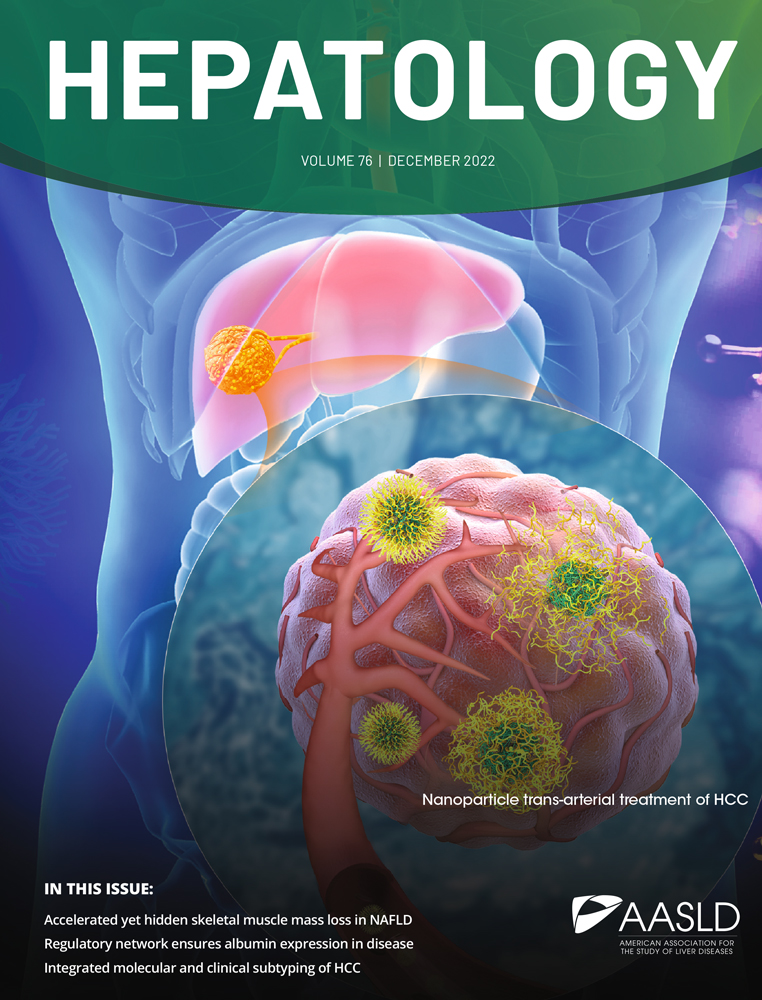Thyroxine-binding globulin, hyperthyroxinemia and hepatocellular carcinoma
Abstract
To determine serum thyroxine-binding globulin (TBG) levels, we used radioimmunoassay, and compared the results obtained with other tests in 231 patients with chronic hepatitis B virus infection to evaluate its clinical implications. All of these patients were hepatitis B surface antigen (HBsAg)-positive. Among them, 38 patients had hepatocellular carcinoma (HCC), 18 had chronic persistent hepatitis, 70 had chronic lobular or active hepatitis (grouped as CAH), 31 had active cirrhosis (AC), 25 had inactive cirrhosis, 20 had decompensated cirrhosis, and 29 were “healthy” HBsAg carriers. Twenty-seven patients with acute hepatitis, 12 with cancer metastasis to the liver, and 81 normal adults served as disease or normal controls. The results showed that serum TBG level increased significantly in patients with CAH, AC, or HCC. Serum TBG did not correlate with albumin or bilirubin level, but correlated with alanine aminotransferase (ALT) positively in patients with CAH (p < 0.001) and negatively in patients with HCC (p < 0.01) (slope difference p < 0.05). Serial determination of serum TBG and ALT also showed parallel changes in 15 patients with CAH, but not in nine patients with HCC. In contrast, the fall and rise of serum TBG levels in patients with HCC coincided with tumor resection and recurrence. The data suggest that serum TBG elevation in patients with hepatitis activity is the result of hepatocellular damage, whereas that in patients with HCC is due to increased synthesis. Whether serum TBG elevation without concomitant rise of ALT could be used as a marker of HCC awaits further study.




